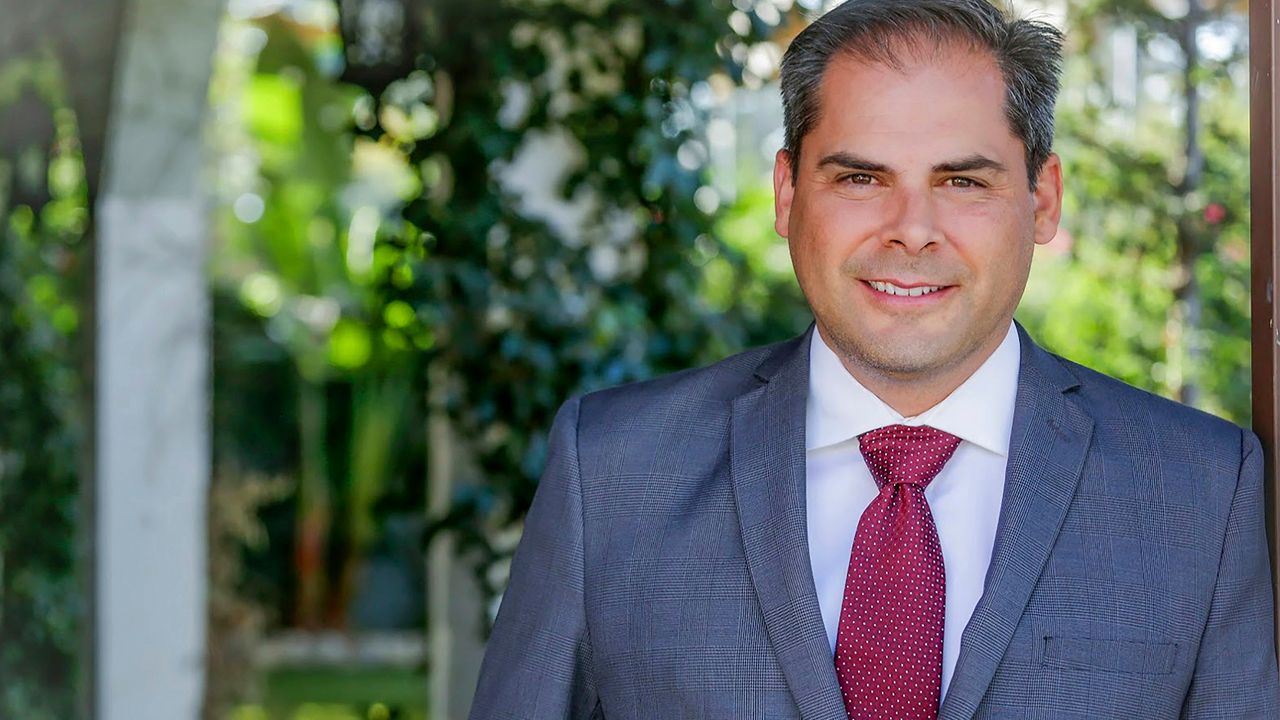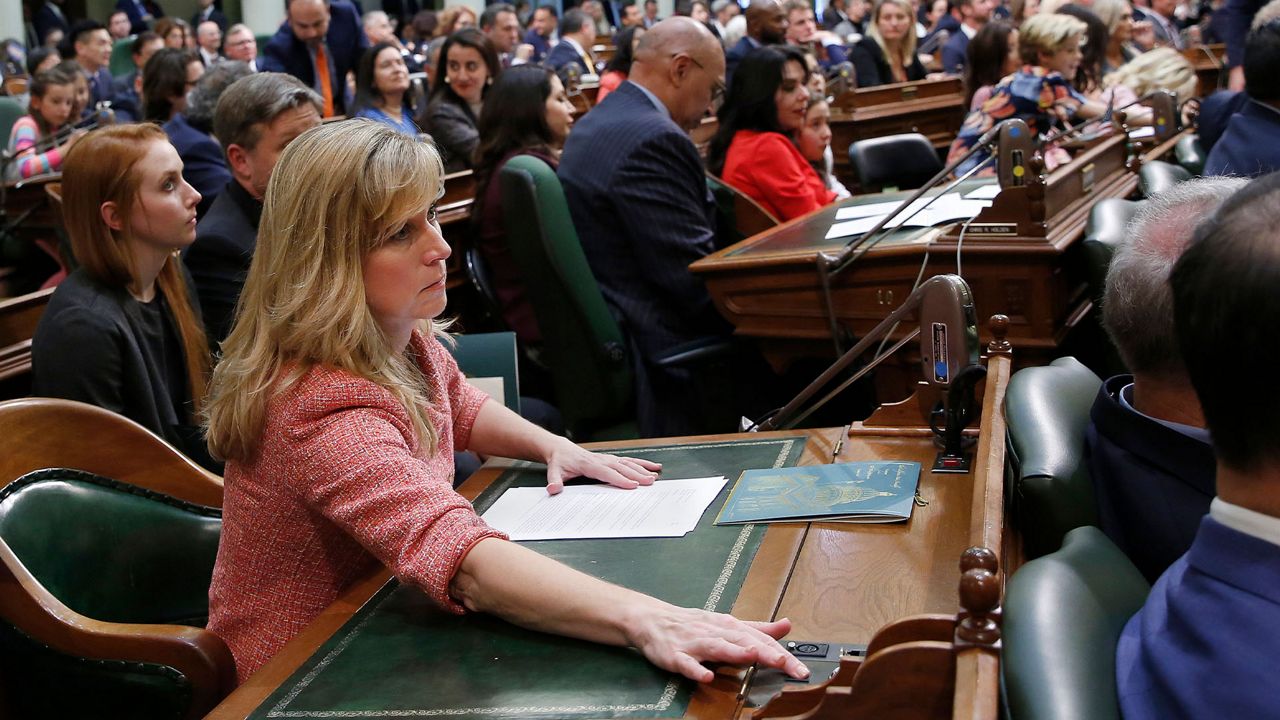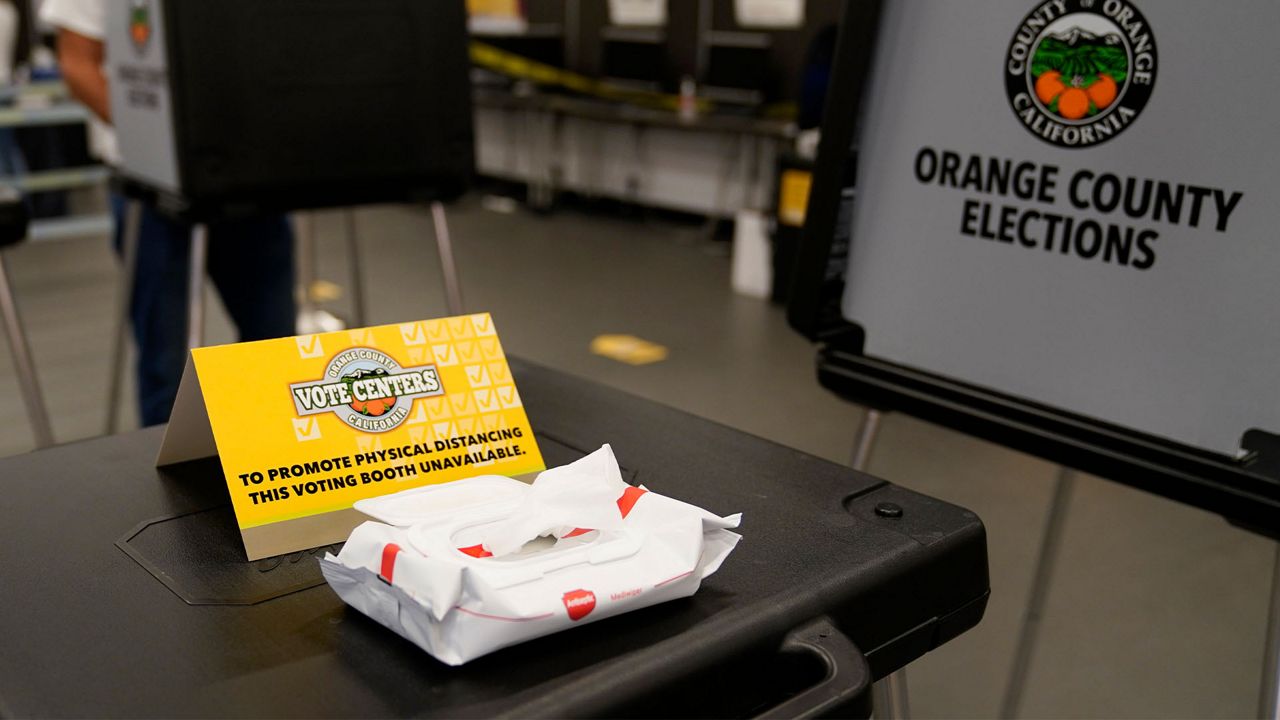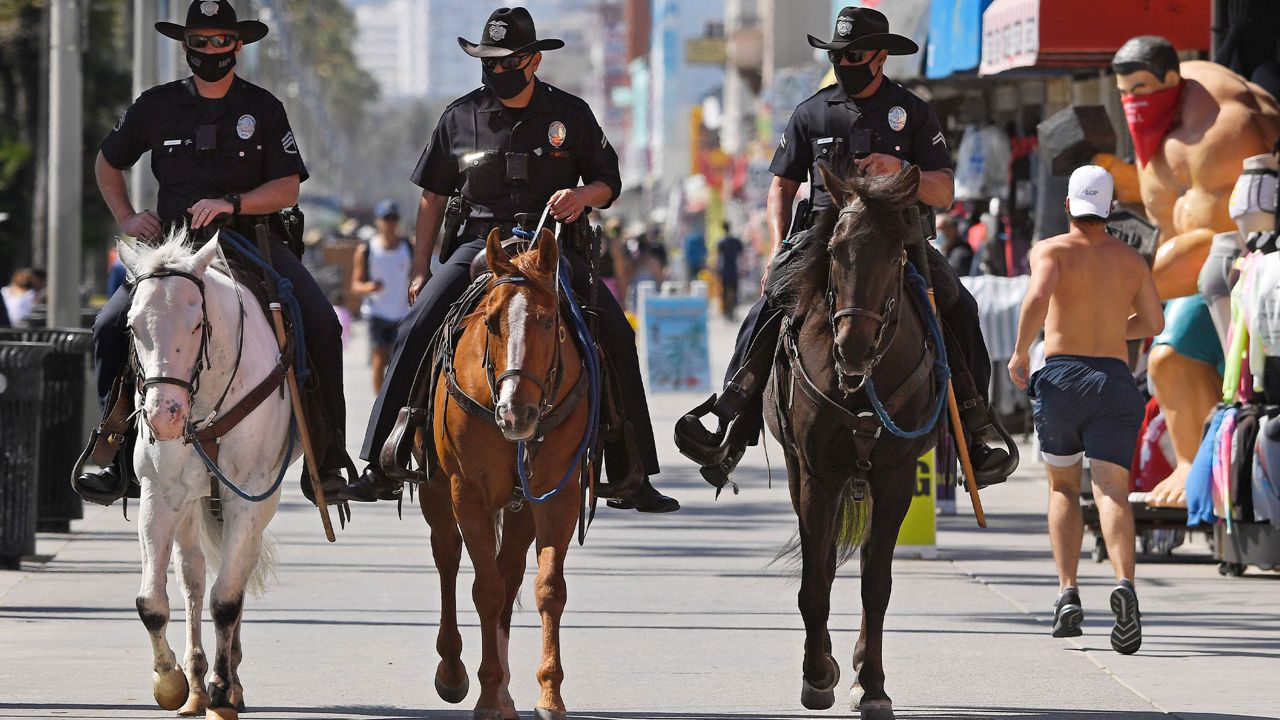LOS ANGELES, Calif. – Driving for an app-based company like Uber or DoorDash affords a lot of flexibility. Drivers can choose when and how much they want to work but for Luz Laguna, she can’t take any days off because it’s the only work she can find.
“I’m doing like, 10, 11 hours a day and it’s just hard for me to take some time off because if I don’t work, I don’t get no pay,” Laguna said.
The mother of four children says because she is an independent contractor, she doesn’t receive benefits such as sick leave, overtime pay or unemployment insurance, which are offered to workers who are classified as employees. However, under Assembly Bill 5, the state’s gig worker law that went into effect January 1, drivers for app-based companies should be classified as employees.
The law was designed to regulate companies that hire thousands of gig workers, including Uber and Lyft. Both of those companies are engaged in a legal battle against the state after a California judge ruled against the companies for failing to abide by the new law.
For now, even if Laguna works more than eight hours in a day, she doesn’t receive overtime pay. “It’s hard, you know, for me to be a single mother,” Laguna said. “I have to try to look for different resources in order for me to try to make an income.”
Laguna is against Proposition 22, the ballot initiative which would classify app-based drivers as independent contractors and exempt them from AB5. If Prop 22 passes, that means Laguna would receive 120 percent of the local minimum wage and receive benefits including accident insurance and healthcare subsidies for driving a certain number of hours. However, Laguna says she doesn’t receive benefits such has paid sick leave, unemployment insurance and workers' compensation.
For Joanna McFarland, co-founder of HopSkipDrive, a rideshare service that offers safe transportation for children over the age of six, independent contractors are core to her business which operates in eight states, including California. She says Prop 22 works better for her because the 5,000 HopSkipDrive drivers in California only work a few hours every week.
“You get to say I only want to do these rides that are within a five-mile radius of my house, if that is what you want,” McFarland said. “You have total flexibility and you just can’t get that as an employee.”
McFarland likes that Prop 22 would allow her to still provide some benefits to drivers while they remain independent contractors. “If we were forced into an employment model, it would be very hard for HopSkipDrive to operate in that world,” she said. Classifying drivers as employees also adds labor costs and McFarland worries it could threaten her company’s ability to stay in business and offer services to parents and children. HopSkipDrive also contracts with local school districts and McFarland says as more schools reopen, families will need safe transportation for their children.
As for Laguna, being classified as an employee would give her some relief, especially on a day she doesn’t feel well enough to work. “I can use my sick days off and get it paid and still cover at least one day for me to be able to be off,” she said. But for now, sick leave is a benefit she’ll have to do without.











